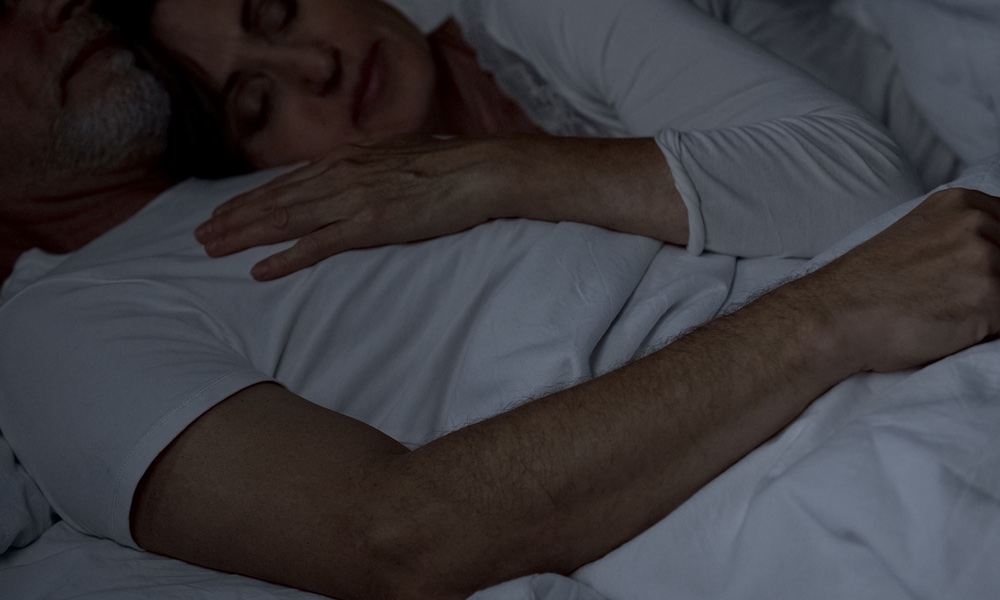Antidepressant use in the U.S. has nearly doubled over the last decade. Exactly why this happened isn't clear. What is clear is that antidepressants are now the most commonly prescribed class of medication in the nation.
What did change was the percentage of antidepressant users who were also receiving psychotherapy.
This information comes from survey data of just under 50,000 people, not from actual prescription records. Survey results from 1996 and 2005 were compared and projected onto the country as a whole. They suggest that over 10% of the entire U.S. population over the age of six was taking antidepressants in 2005. That's 27 million people.
Antidepressants were once prescribed only for people diagnosed with depression. By 1996, nearly three−quarters of all antidepressants were being prescribed for conditions other than depression, a figure that was practically unchanged in 2005. What did change was the percentage of antidepressant users who were also receiving psychotherapy. This fell from 31.5% in 1996 to 20% in 2005, presumably due in part to health insurers offering fewer psychotherapy benefits. Then, as now, Prozac required a prescription.
At the other end of the spectrum is the idea that many people are being inappropriately medicated for conditions that should be treated by non−pharmaceutical means such as counseling. This is George Carlin's two−in−the−mouth syndrome: the idea that all problems can be solved with pills. Added to this is the fact that in some cases, particularly in children and adolescents, antidepressants may provoke suicidal thoughts.
Right now, no one can say for sure whether increased antidepressant usage has improved the lives of those who took them or not. But the question is being asked. And antidepressant use continues to rise.
The study data was obtained from the 1996 and 2005 Medical Expenditure Panel Surveys. A total of 18,993 individuals age six and older were included in the 1996 survey and 28,445 in the 2005 survey.
The results were published in the August 2009 issue of Archives of General Psychiatry.




